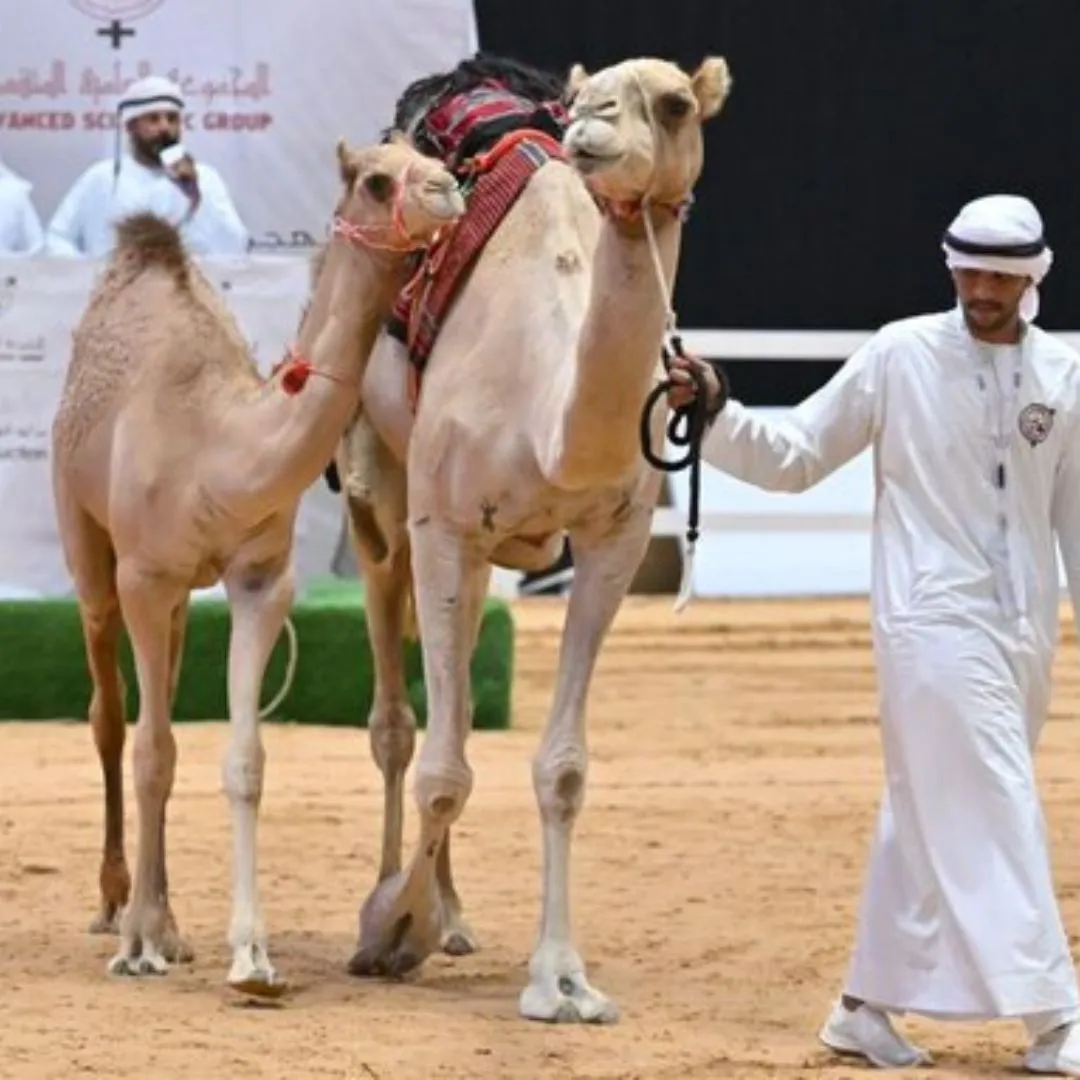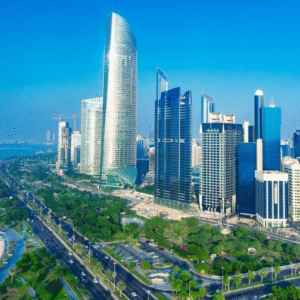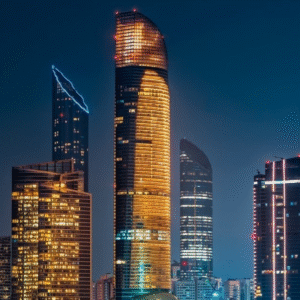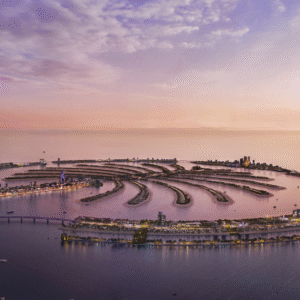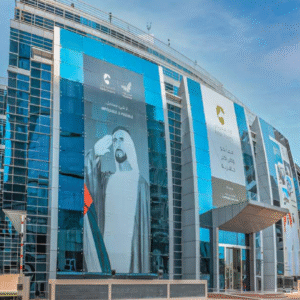In a recent event in Abu Dhabi, the rich tradition of camel breeding and the cultural significance of these majestic animals were prominently showcased. Fifteen purebred Arabian camels were auctioned for an impressive total of Dh2.5 million, underscoring the deep-rooted heritage and the continued prominence of camel culture in the region.
The auction, held in Abu Dhabi, attracted considerable attention from enthusiasts and collectors of Arabian camels, who value these animals not only for their historical importance but also for their role in the local economy and social fabric. Arabian camels, known for their endurance, strength, and beauty, have been integral to the lifestyle and heritage of the Arabian Peninsula for centuries. Their significance is reflected in various aspects of the region’s culture, including traditional festivals, racing events, and breeding competitions.
The camels auctioned were purebred, which adds to their value and desirability. Purebred Arabian camels are highly sought after due to their exceptional lineage, which is often associated with superior qualities such as speed, stamina, and physical characteristics that meet specific standards. The high auction price of Dh2.5 million not only highlights the value placed on these animals but also the strong market demand for high-quality Arabian camels.
The event also served to reinforce Abu Dhabi’s status as a hub for cultural preservation and celebration. Auctions of this nature are more than just commercial transactions; they are a way to honor and maintain traditions that have been passed down through generations. By bringing together camel breeders, enthusiasts, and collectors, the auction provided a platform to appreciate and support the heritage that camels represent.
Moreover, the auction reflects broader trends in the region where cultural heritage is preserved through modern means, ensuring that traditional practices continue to thrive in contemporary settings. As such, this event not only celebrated the cultural significance of Arabian camels but also demonstrated the ongoing commitment to preserving and promoting the rich heritage of the Arabian Peninsula.

